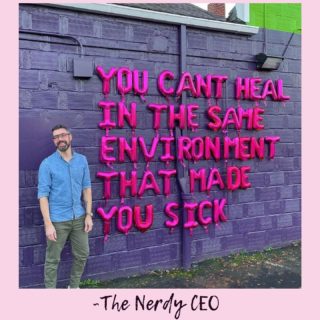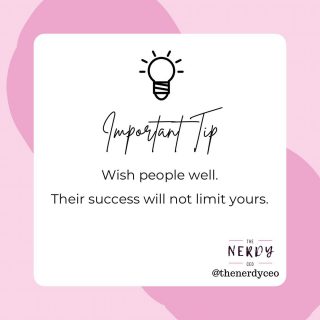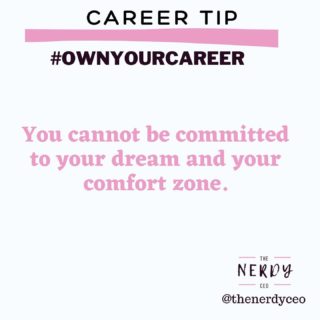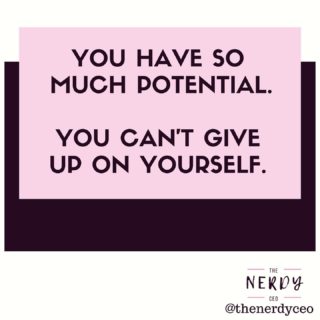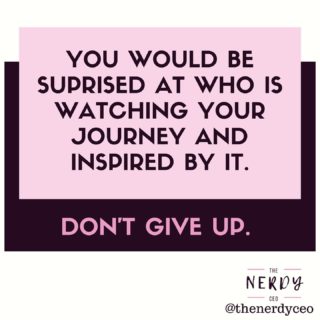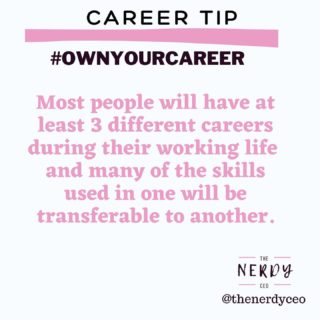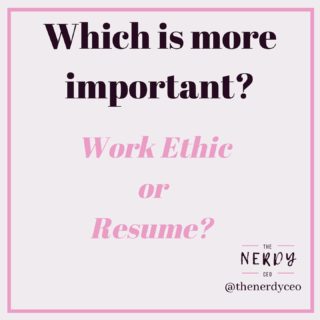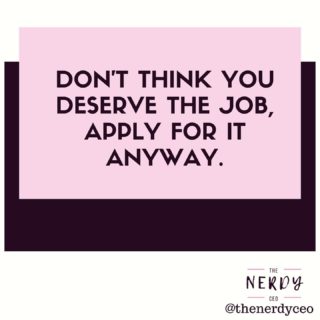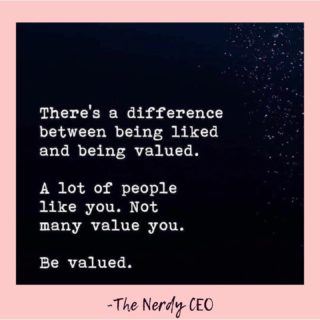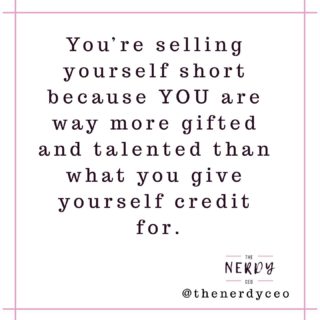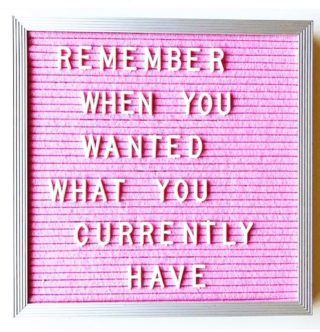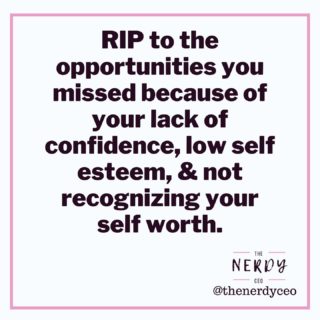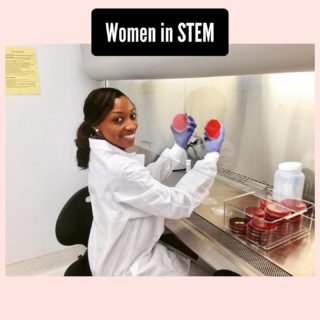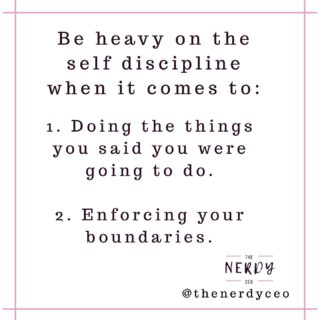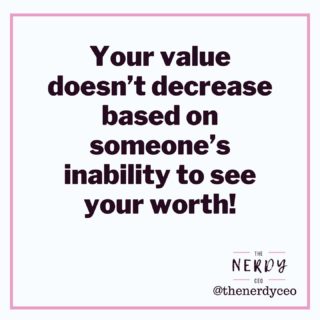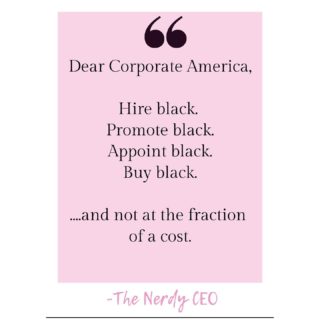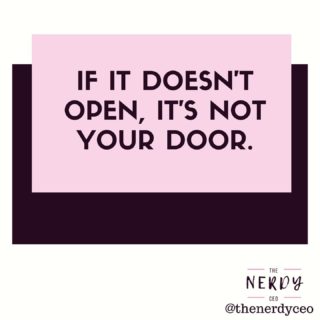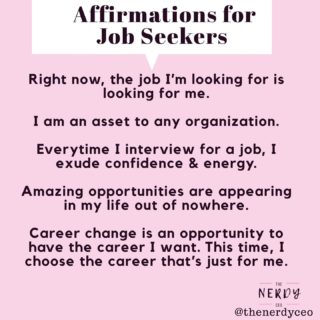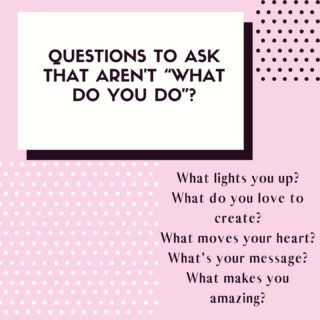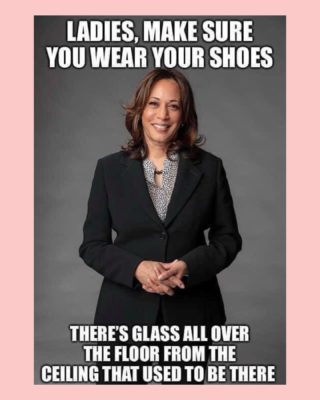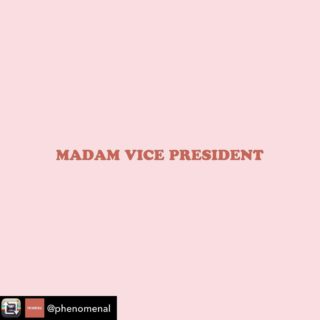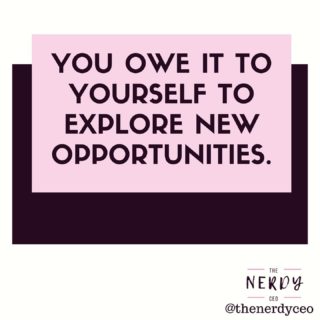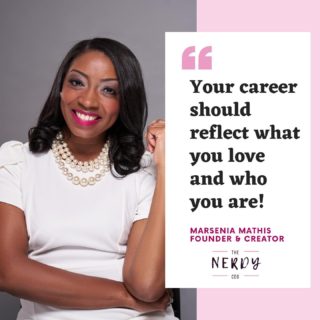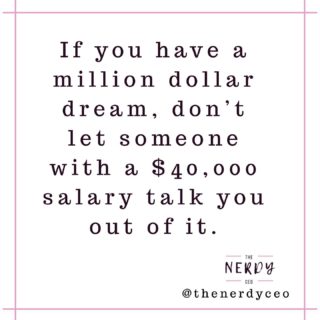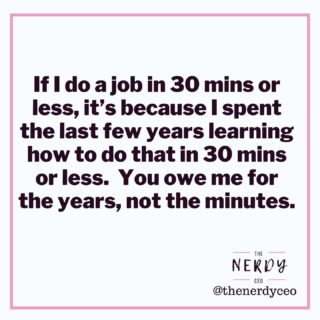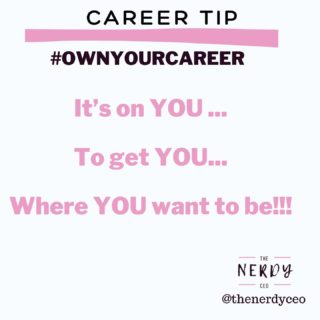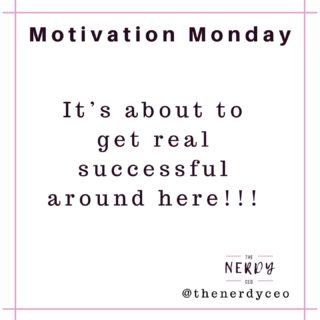Higher education gives a person an opportunity to succeed in today’s global economy. Modern colleges and universities provide their students with various programs aimed at preparing them for different economic sectors and more focused careers that require specialized training (i.e. Engineering, Medicine, Law, Finance).
Presents Dr. Jennifer Whitmon Tell Us What Do You Do? I am a Microbiologist by training with experience in infectious diseases, diagnostics, lab systems, biosafety, and quality management. I have worked in three infectious centers at the Centers for Disease Control and Prevention (CDC). I am currently a Laboratory Safety Manager within a National Center…
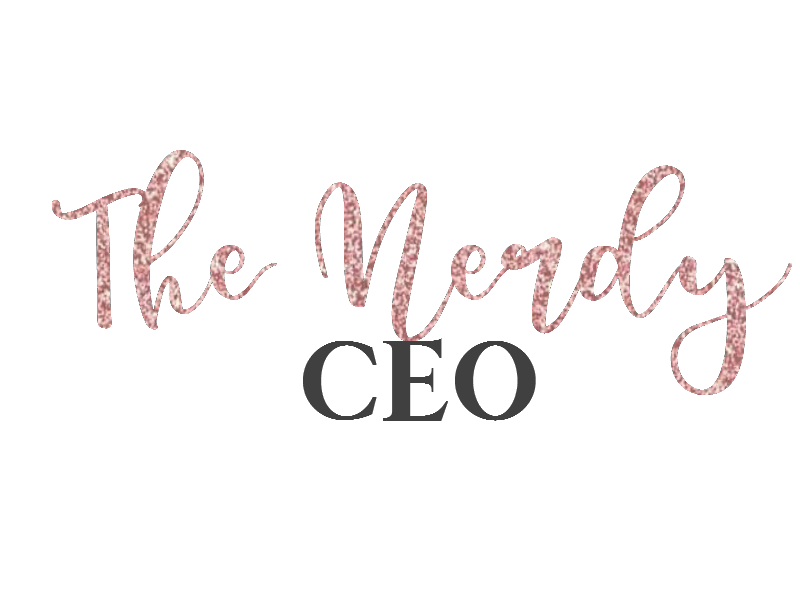
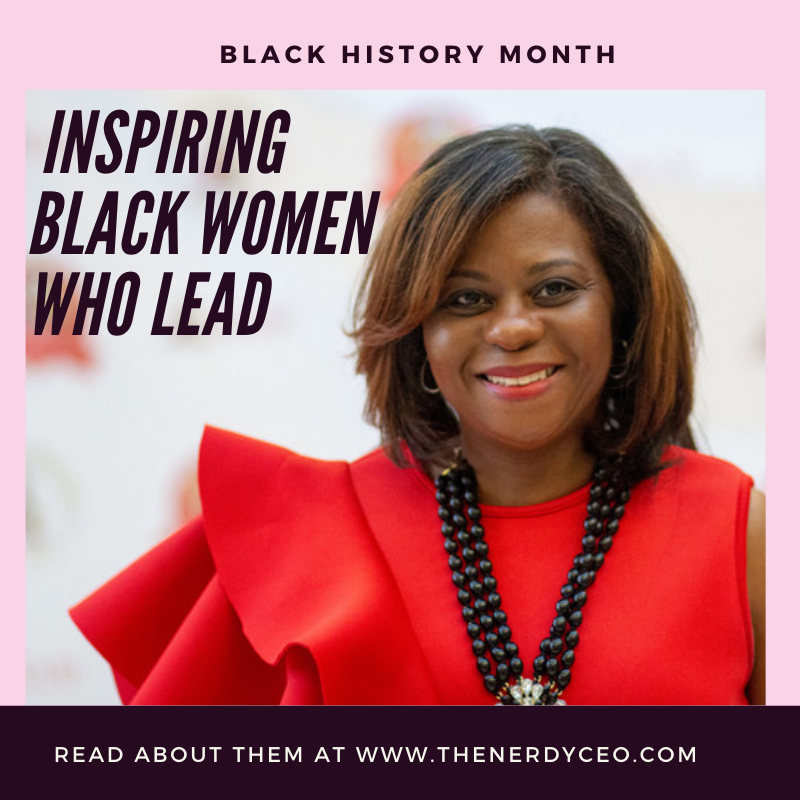
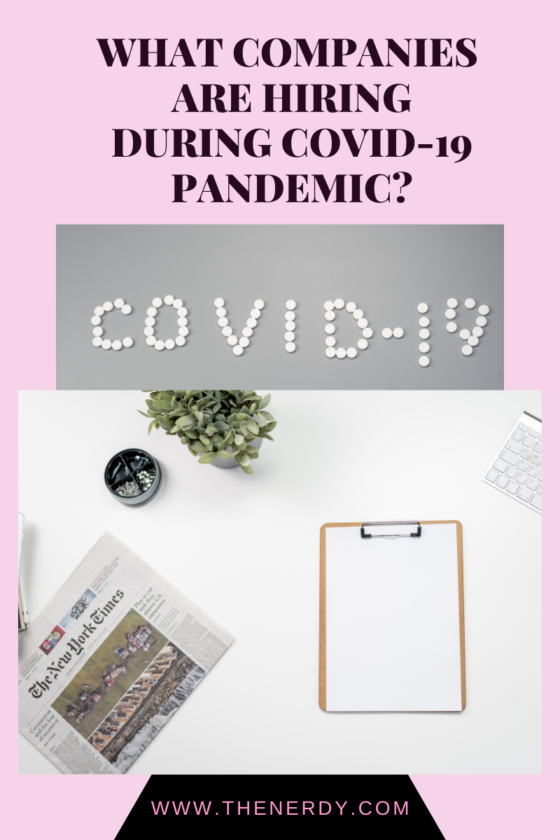
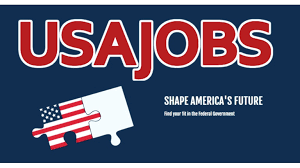
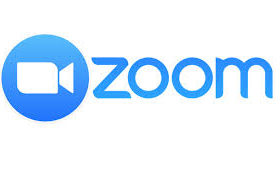
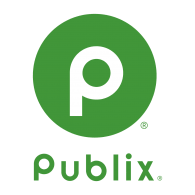





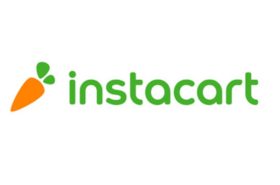
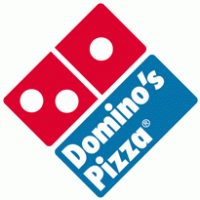
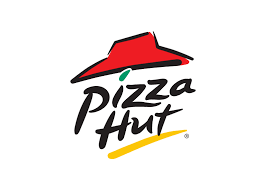
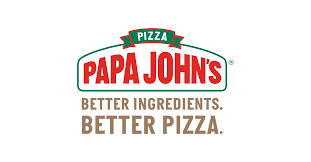
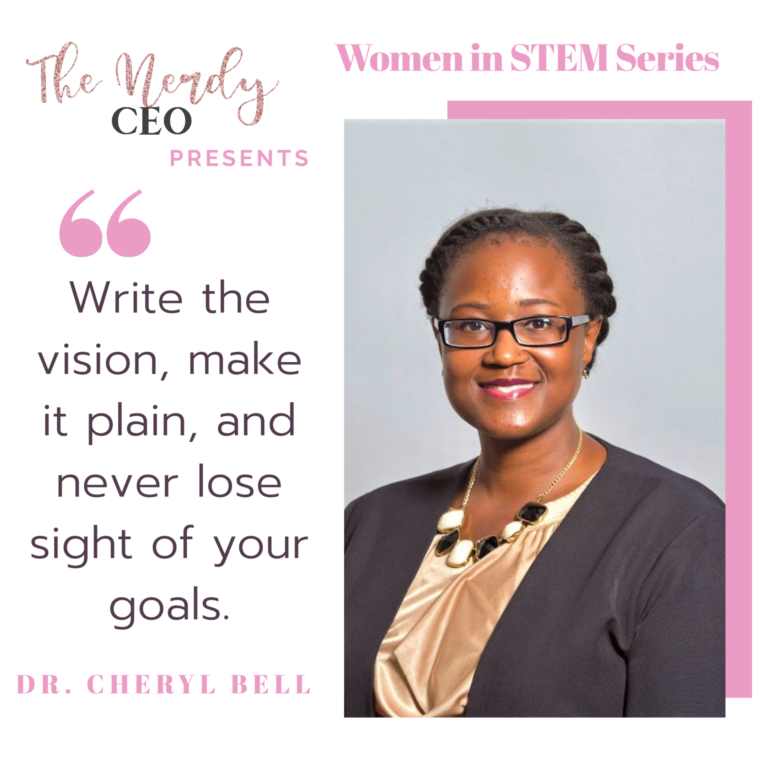
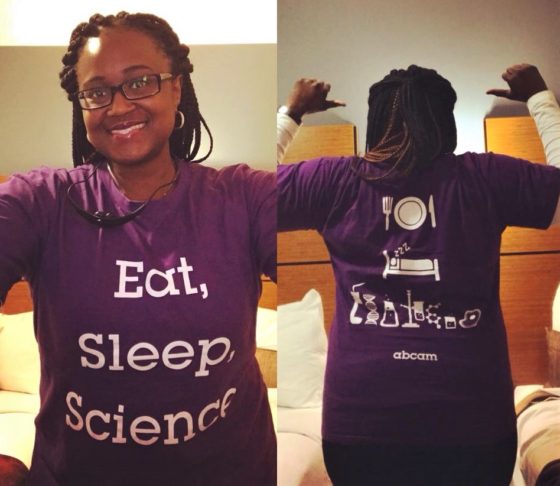
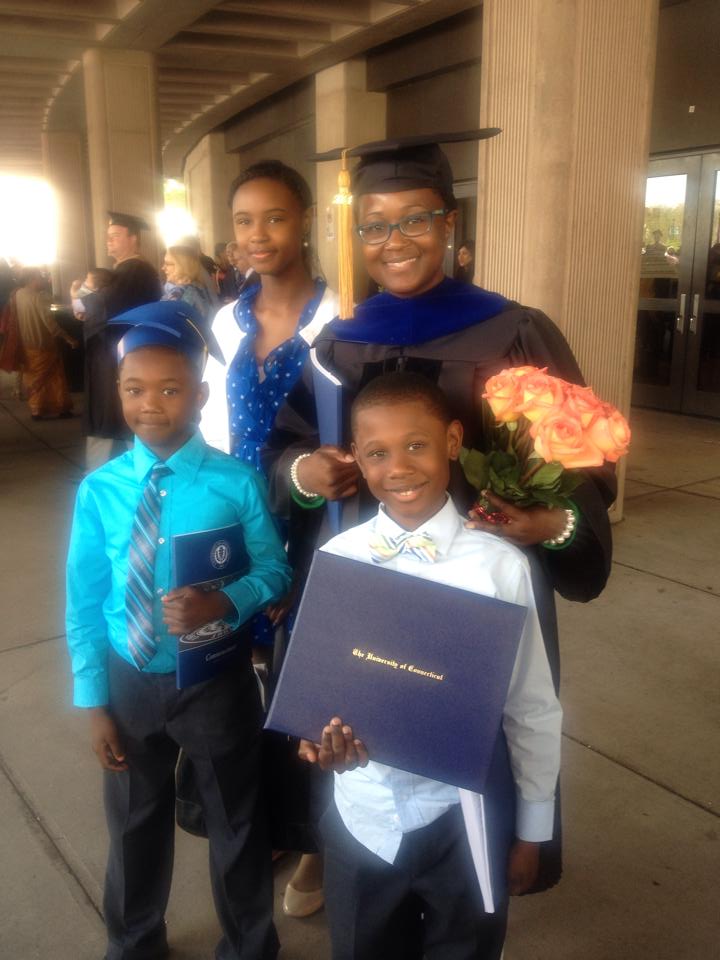
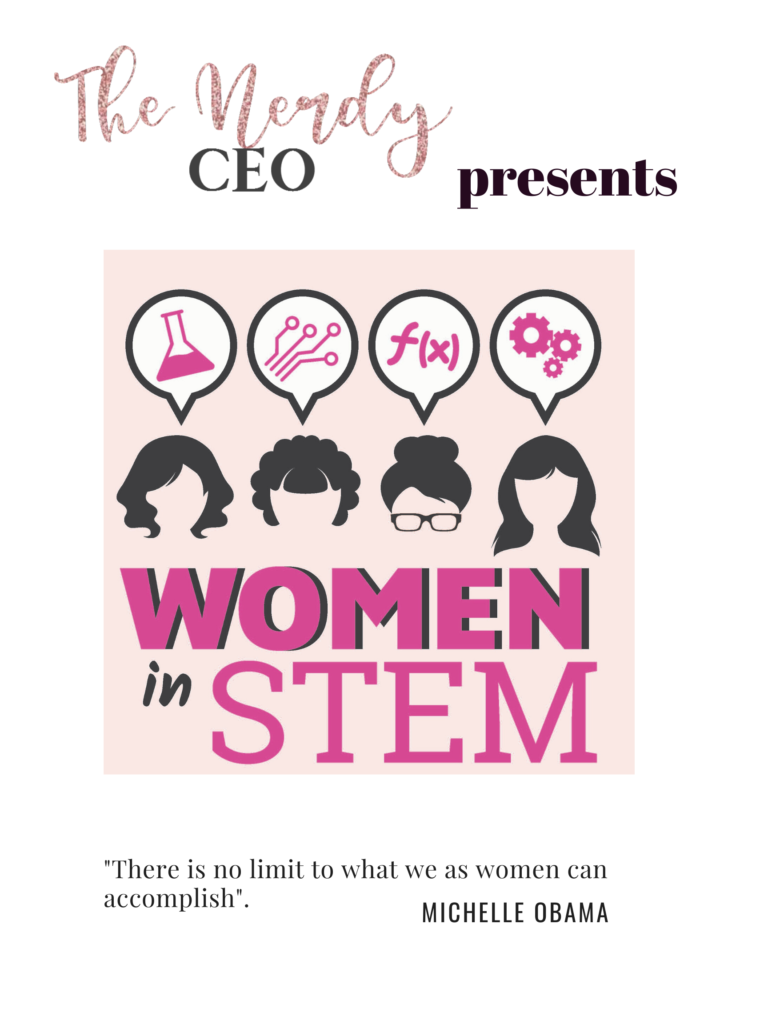

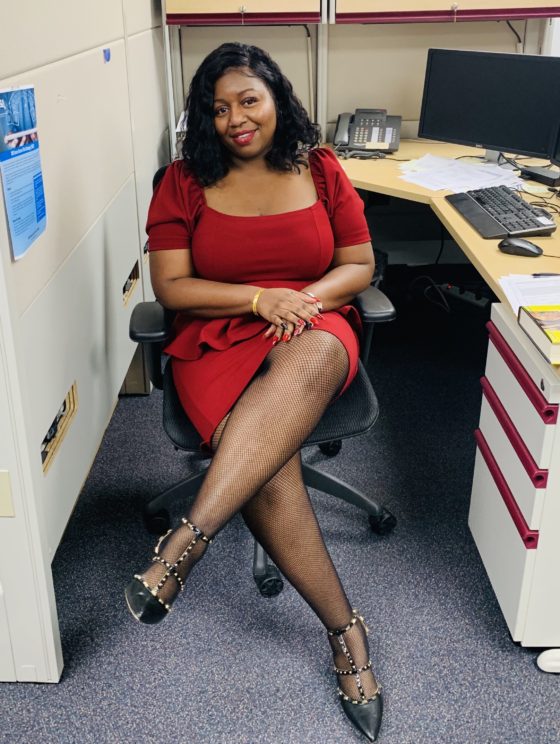
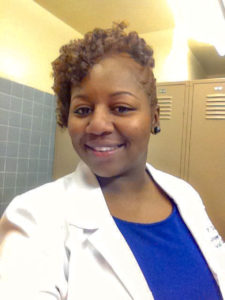
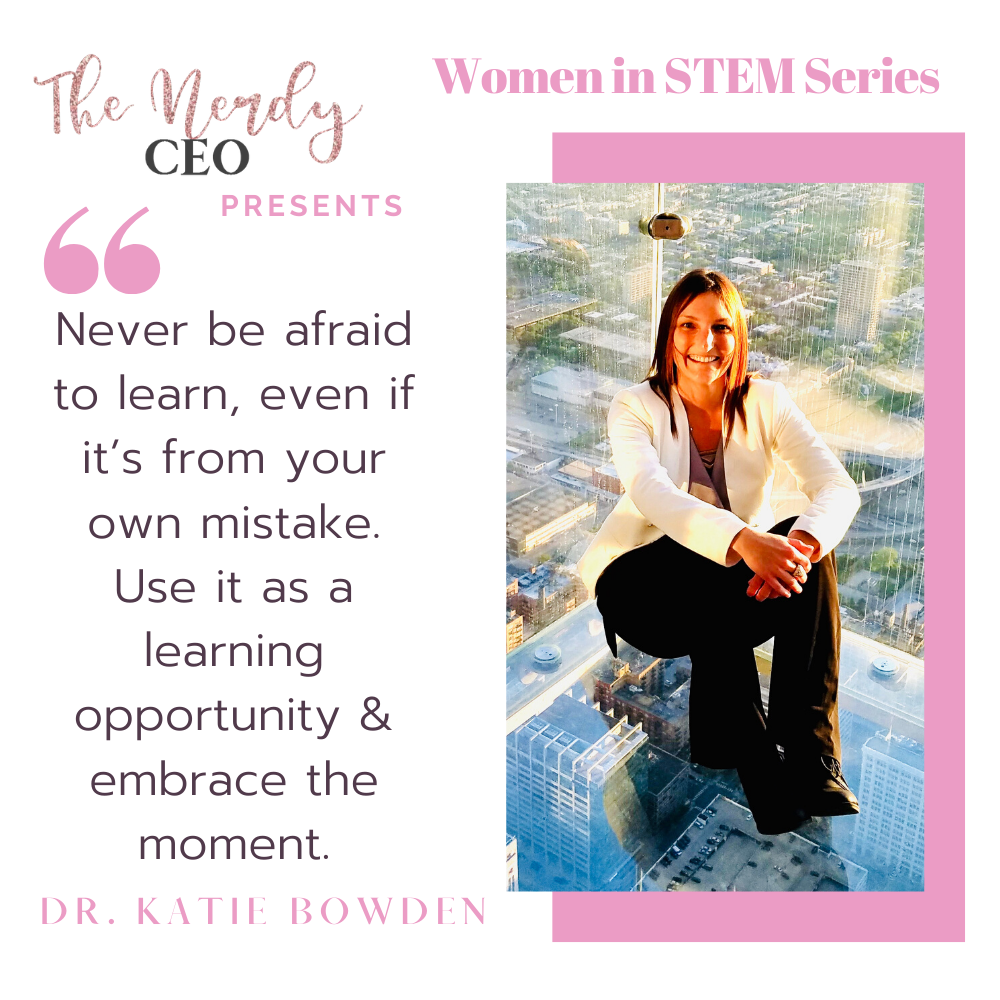
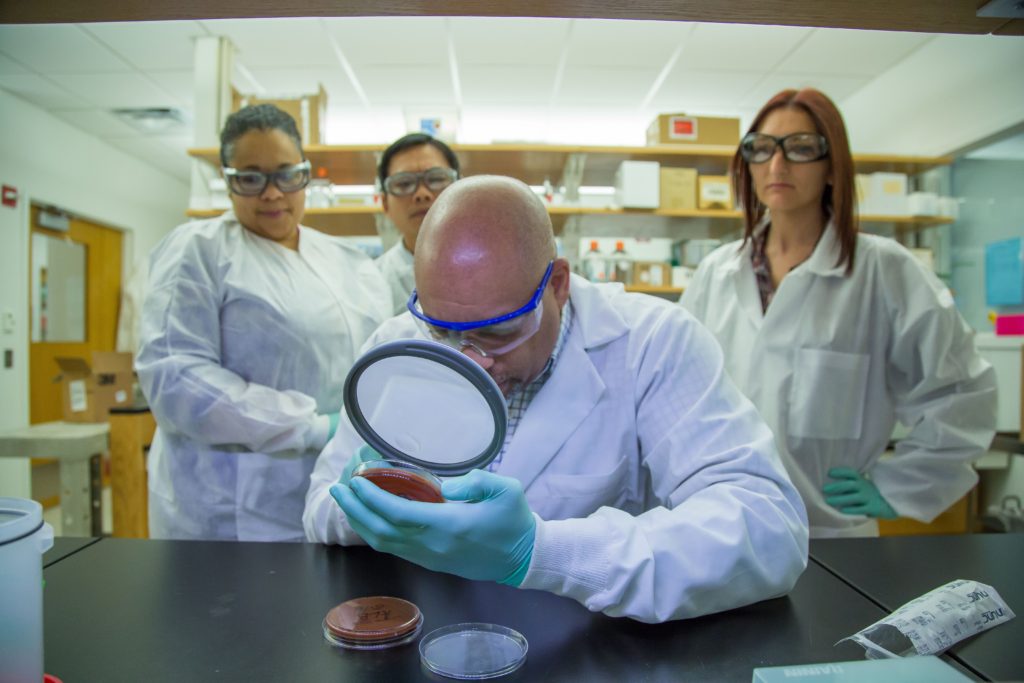
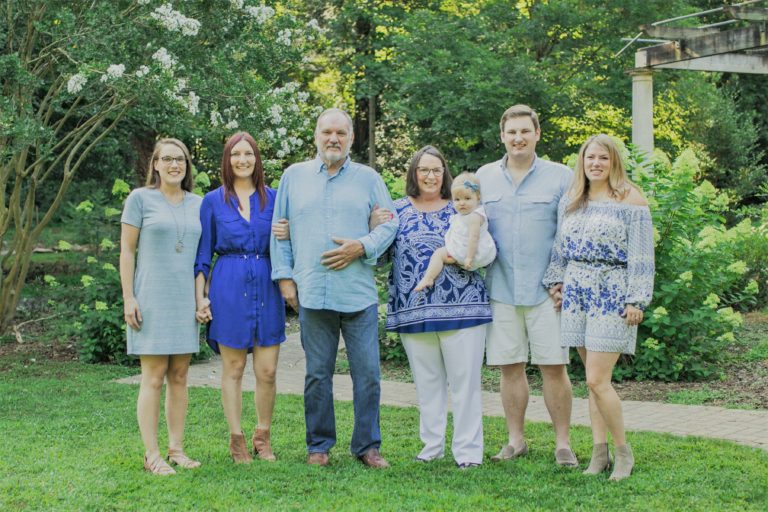
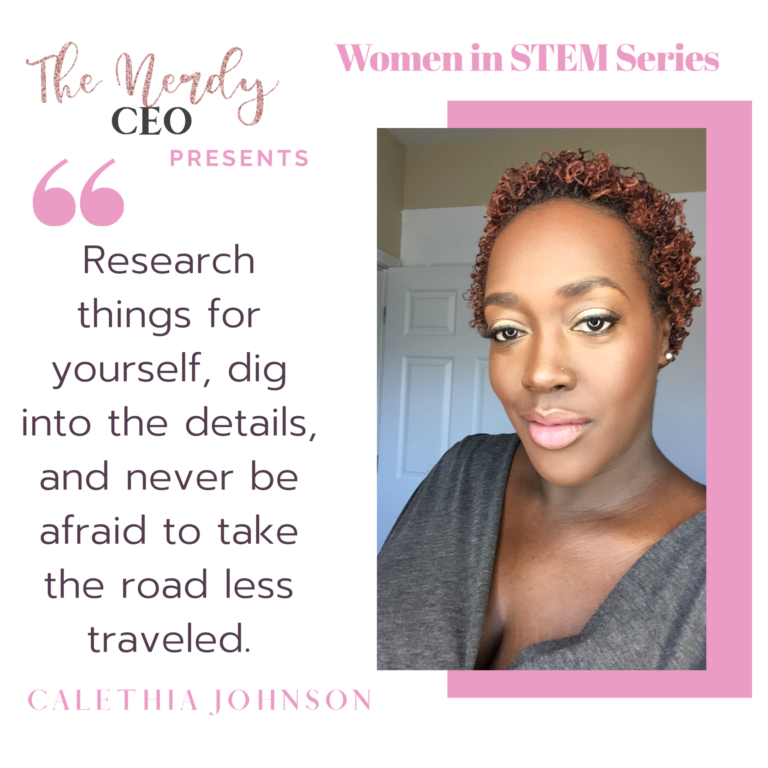
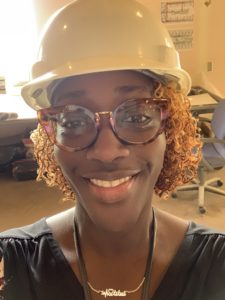
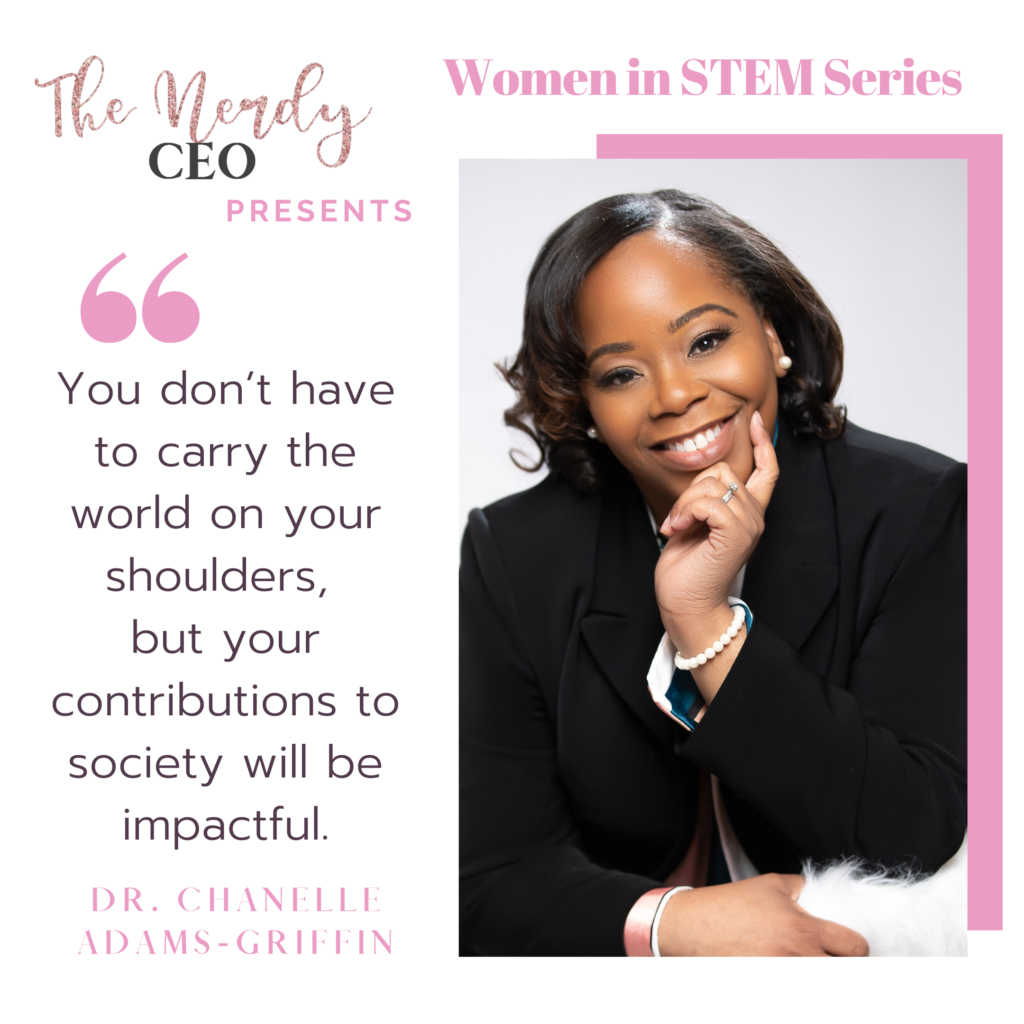
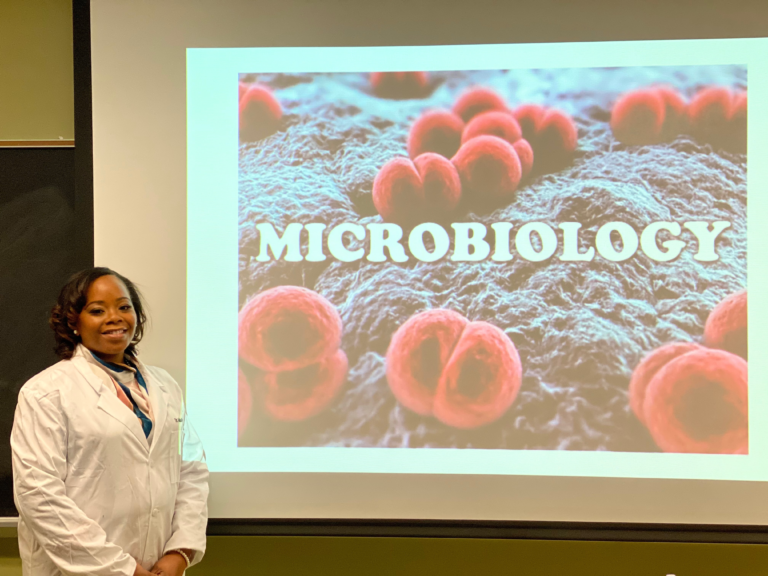
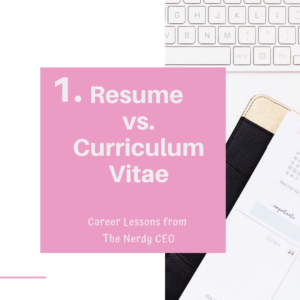
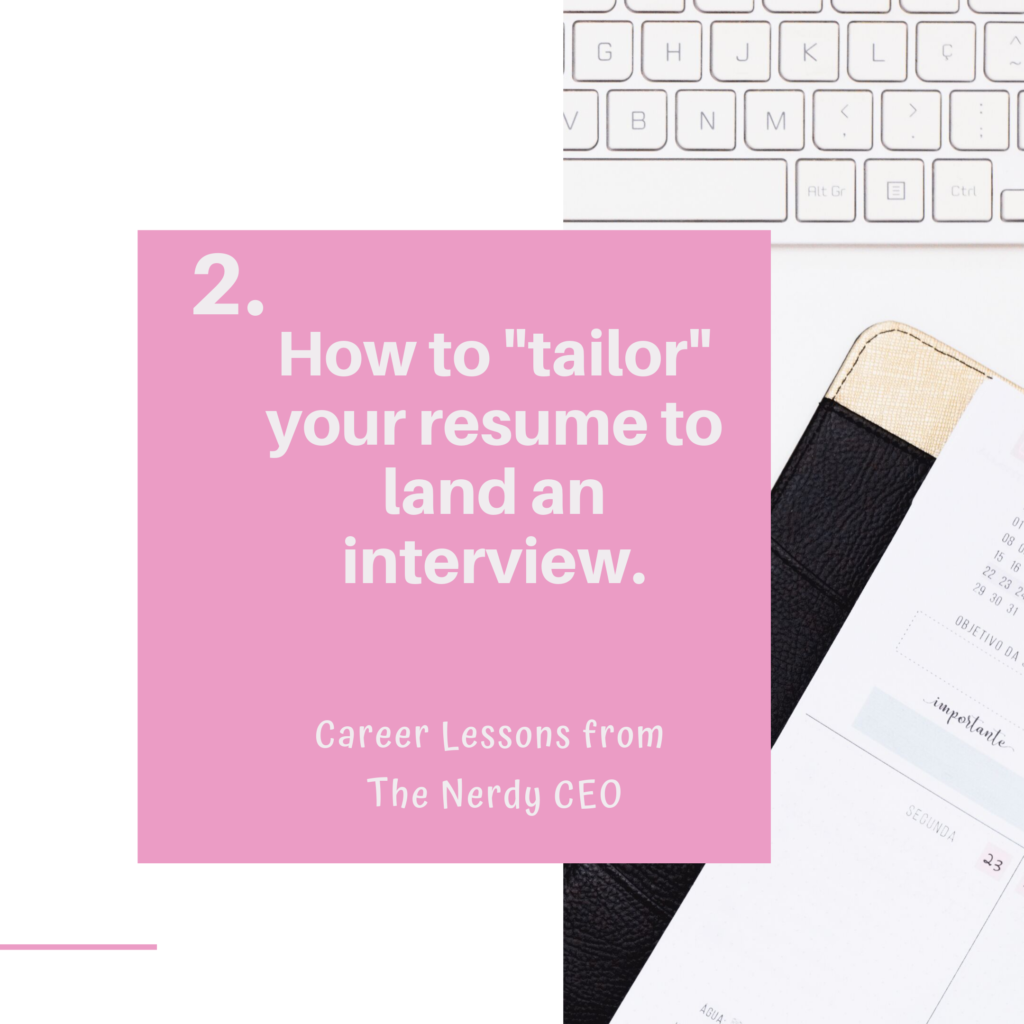

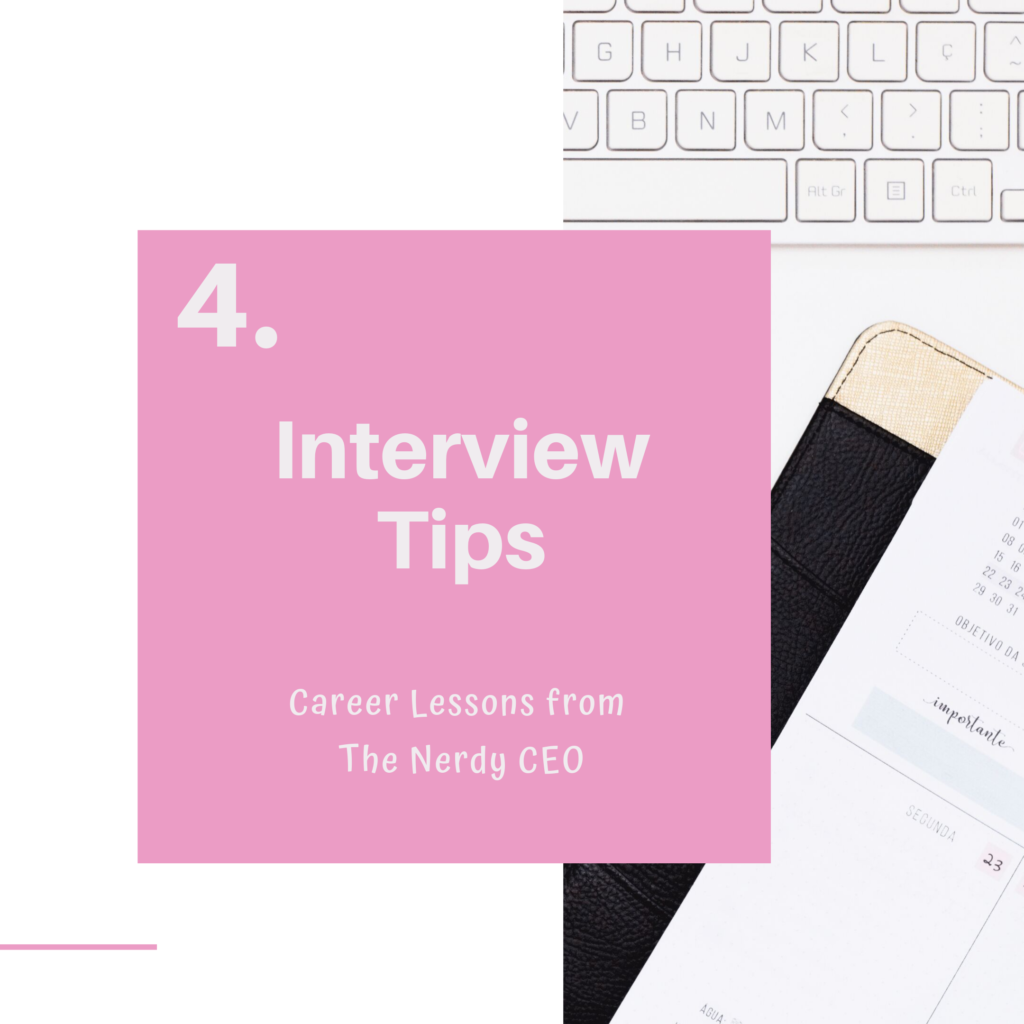

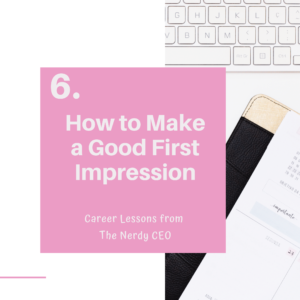

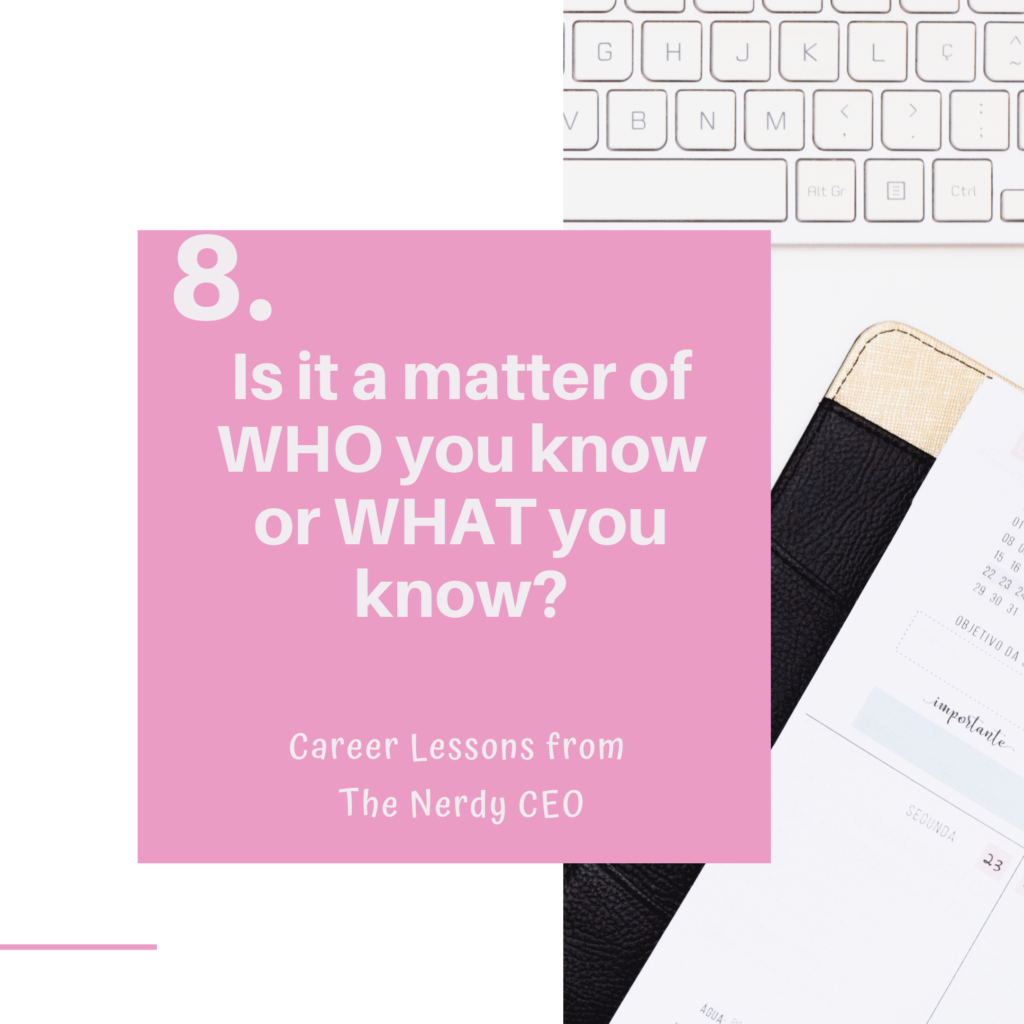
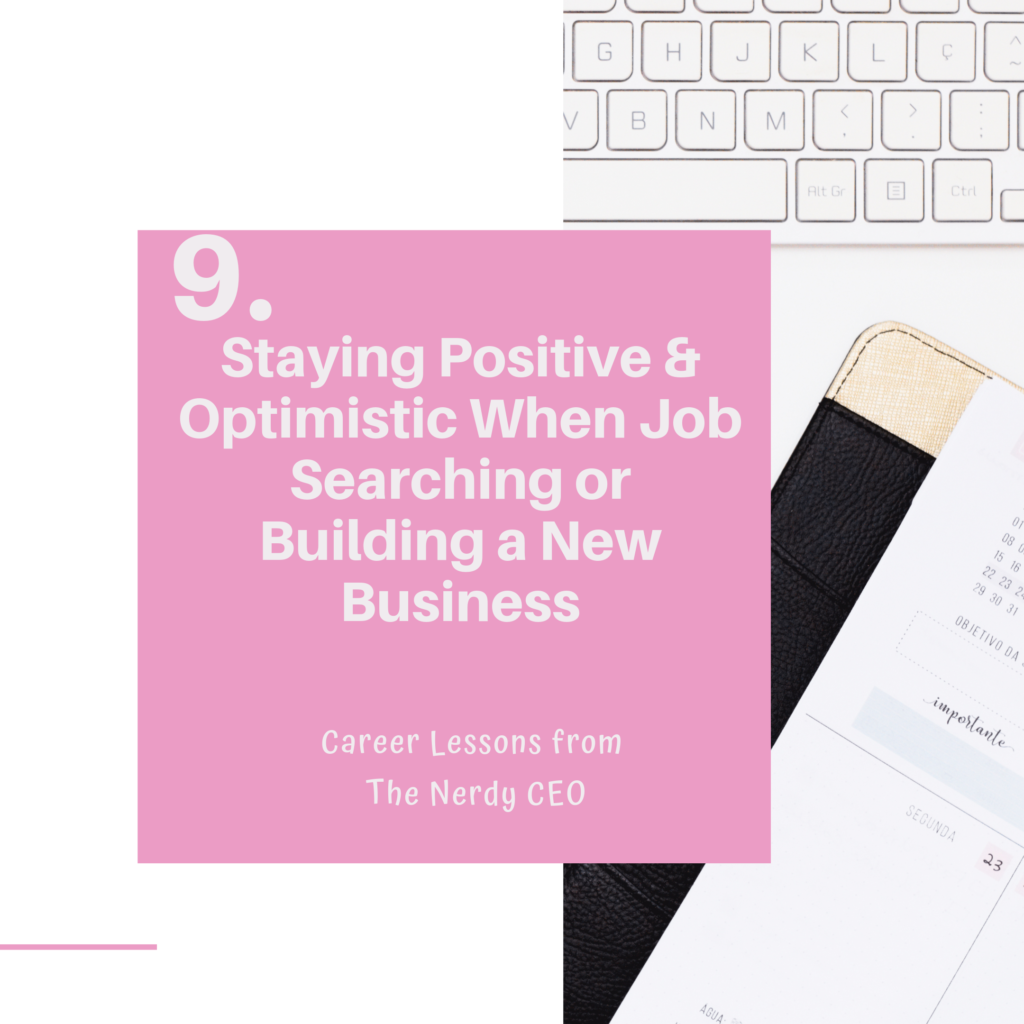
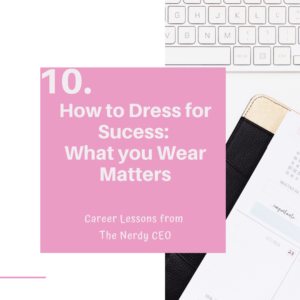

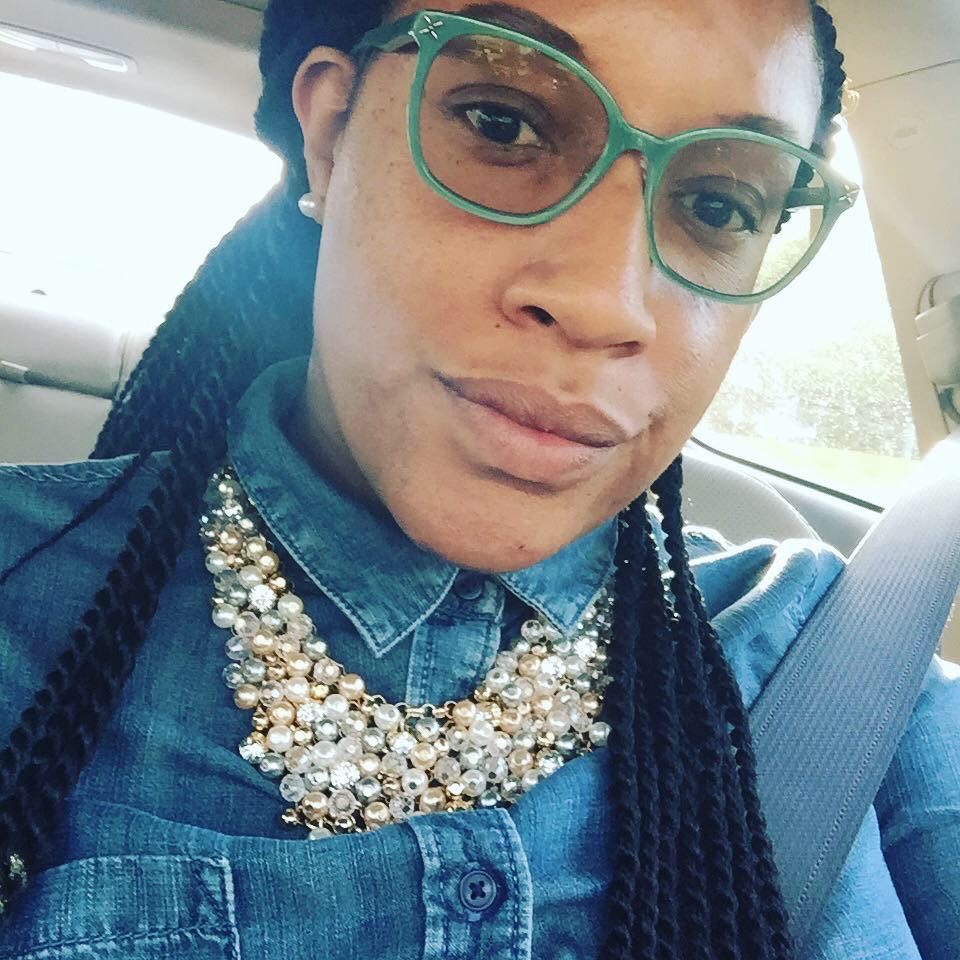

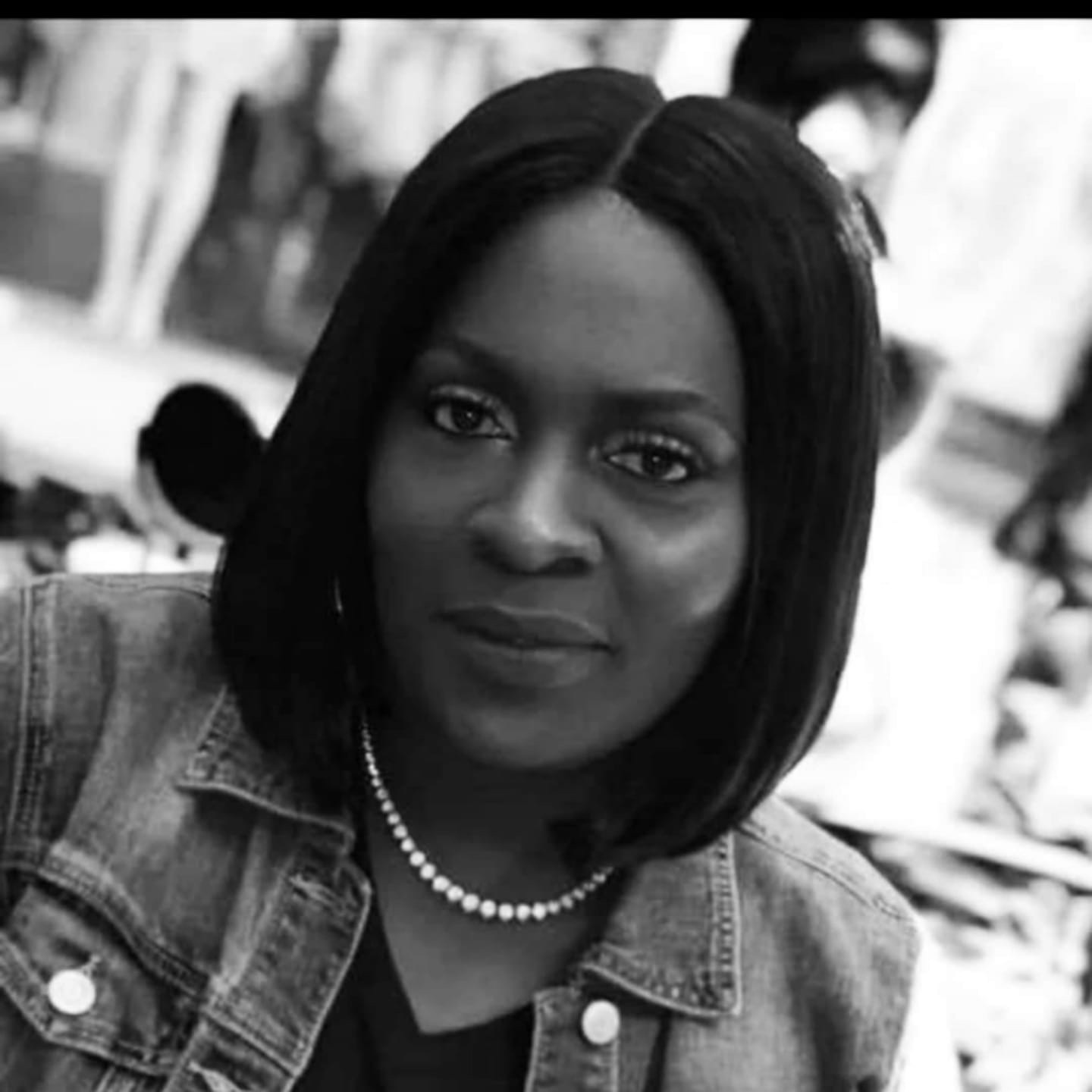

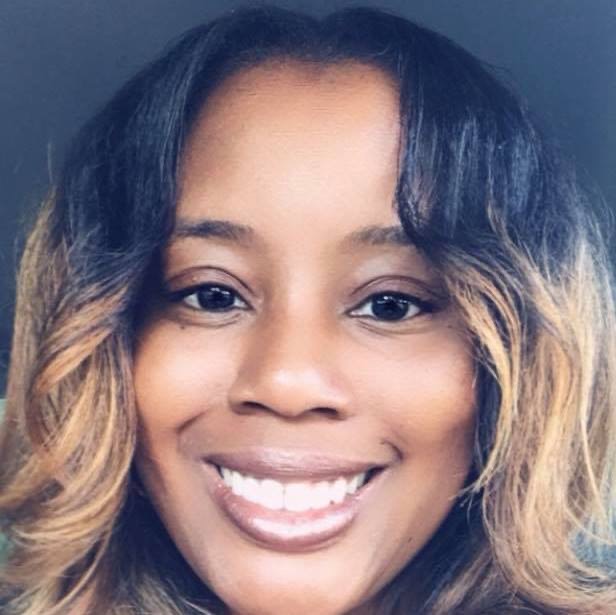
 A productive morning leads to a productive day, and the best way to start your productive day is with a super-efficient morning routine. Now many people decline routines because they would rather be spontaneous and sort of go with the flow (i.e. my husbandJ). But over the years, I have learned that creating and adhering to a personal daily routine is the pathway to freedom, happiness, productivity, and fulfilling our true potential.
Take a look below at 4 reasons why you would benefit from a set routine:
1. Makes You More Efficient
When we have a daily routine that we follow, it decreases the need to make decisions each day. It enables us to know exactly what tasks we need to do each day without having to contemplate, decide or think too much. When we are finished with one task, we know what comes next without much thought. Our day to day activities become consistent and as a result, we become more efficient.
2. Reduces Your Need to Plan
When we carefully design a set routine to follow, it eliminates the need to plan our activities every morning. It takes the presumption out of our day and allows us to wake up and ‘do’ instead of wake up and ‘plan’.
3. Teaches Good Habits
The secret to creating good habits is repetition. When we come up with a personal routine that works for us, the development of good habits are formed and it encourages us to repeat the same tasks over and over again. Similar to washing our face and brushing our teeth every morning, following a routine allows us to adopt habits that match our goals and aspirations.
4. Prioritization
The beauty of creating a set routine is that it forces us to prioritize and decide what is important to us. Rather than make these decisions on a daily basis, we already know what we need to do and in what order because we have carefully planned it. For example, I sometimes like to start my morning in gratitude by giving thanks to our creator and writing out or reading my goals, so I decided to incorporate meditation into my daily routine.
Over the years, I have developed an effective morning routine that helps me start the day right. I have to admit before I became a wife and a mom, I was a little relaxed with my morning routine mainly because I only had to prepare for myself. Still efficient but my morning checklist was slightly different compared to now. Now I have OUR breakfast and lunches to prepare. As you continue to read, I share with you an example of my routine including my top tips for improving your efficiency and making it work for you.
There are many ways to get into a routine, but the number one rule is to make it work for you. I like many others have a super busy schedule. I work a full time job that requires me to sit in traffic 1 hour 20 minutes each way on top of working 8 full hours (yikes). I’m also a wife and a first time mom so trying to find balance and time to get everything done in a day’s work definitely requires a routine so that I’m more efficient. I’ll admit it – balancing everything that is important to me can sometimes be challenging. But finding an efficient morning routine has helped me increase my productivity and fit more into my day. Below I will share 3 tips to get the most out of your morning and how I make it work for me.
A productive morning leads to a productive day, and the best way to start your productive day is with a super-efficient morning routine. Now many people decline routines because they would rather be spontaneous and sort of go with the flow (i.e. my husbandJ). But over the years, I have learned that creating and adhering to a personal daily routine is the pathway to freedom, happiness, productivity, and fulfilling our true potential.
Take a look below at 4 reasons why you would benefit from a set routine:
1. Makes You More Efficient
When we have a daily routine that we follow, it decreases the need to make decisions each day. It enables us to know exactly what tasks we need to do each day without having to contemplate, decide or think too much. When we are finished with one task, we know what comes next without much thought. Our day to day activities become consistent and as a result, we become more efficient.
2. Reduces Your Need to Plan
When we carefully design a set routine to follow, it eliminates the need to plan our activities every morning. It takes the presumption out of our day and allows us to wake up and ‘do’ instead of wake up and ‘plan’.
3. Teaches Good Habits
The secret to creating good habits is repetition. When we come up with a personal routine that works for us, the development of good habits are formed and it encourages us to repeat the same tasks over and over again. Similar to washing our face and brushing our teeth every morning, following a routine allows us to adopt habits that match our goals and aspirations.
4. Prioritization
The beauty of creating a set routine is that it forces us to prioritize and decide what is important to us. Rather than make these decisions on a daily basis, we already know what we need to do and in what order because we have carefully planned it. For example, I sometimes like to start my morning in gratitude by giving thanks to our creator and writing out or reading my goals, so I decided to incorporate meditation into my daily routine.
Over the years, I have developed an effective morning routine that helps me start the day right. I have to admit before I became a wife and a mom, I was a little relaxed with my morning routine mainly because I only had to prepare for myself. Still efficient but my morning checklist was slightly different compared to now. Now I have OUR breakfast and lunches to prepare. As you continue to read, I share with you an example of my routine including my top tips for improving your efficiency and making it work for you.
There are many ways to get into a routine, but the number one rule is to make it work for you. I like many others have a super busy schedule. I work a full time job that requires me to sit in traffic 1 hour 20 minutes each way on top of working 8 full hours (yikes). I’m also a wife and a first time mom so trying to find balance and time to get everything done in a day’s work definitely requires a routine so that I’m more efficient. I’ll admit it – balancing everything that is important to me can sometimes be challenging. But finding an efficient morning routine has helped me increase my productivity and fit more into my day. Below I will share 3 tips to get the most out of your morning and how I make it work for me.





